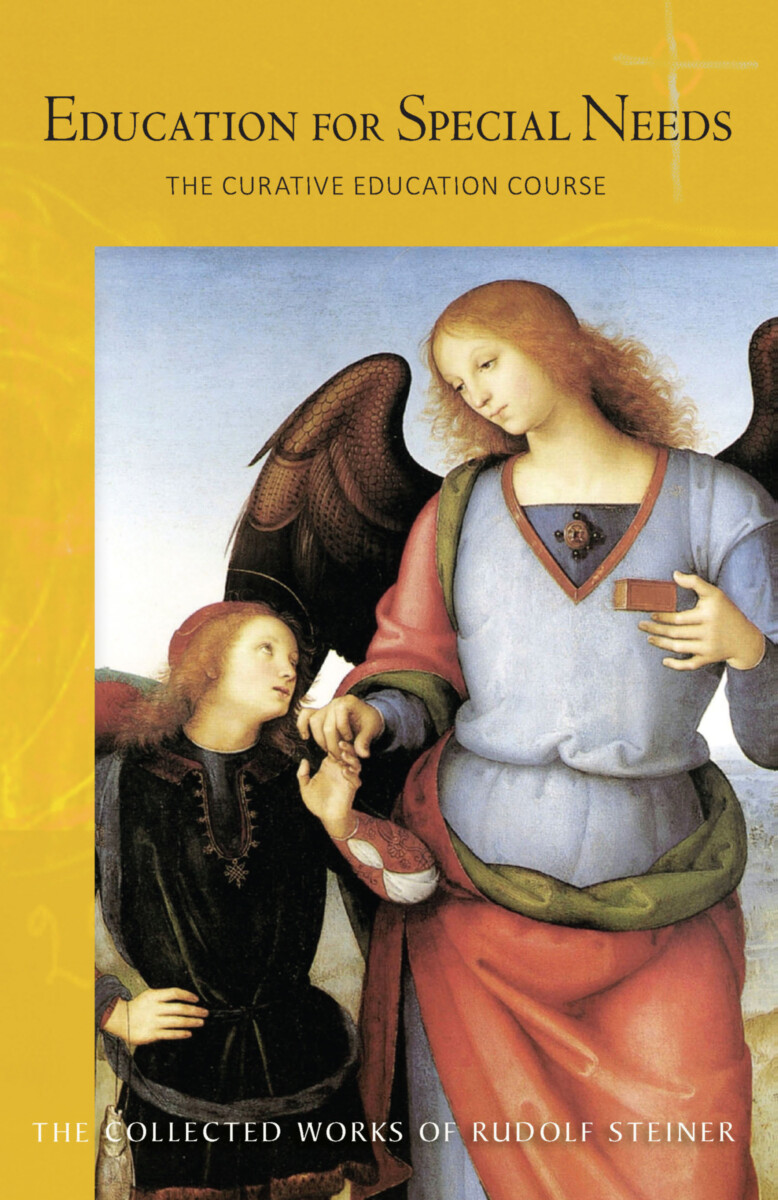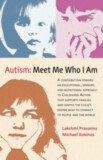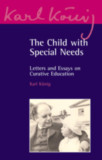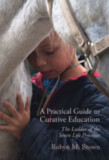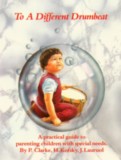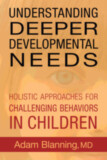Education for Special Needs
The Curative Education Course (CW 317)
- Publisher
Rudolf Steiner Press - Published
16th January 2015 - ISBN 9781855844094
- Language English
- Pages 216 pp.
- Size 6" x 9"
12 lectures for physicians and special-needs teachers, Dornach, June 25–July 7, 1924 (CW 317)
“Essentially we do not really have the right to talk about normality or abnormality in a child’s inner life, nor indeed in the inner life of human beings altogether.... One does not gain much from such labeling, and the first thing to happen should be that the physician or the teacher rejects such an assessment, and goes further than saying that something is clever or sensible according to the way people are habitually thinking” (Rudolf Steiner).
Speaking in 1924, when general attitudes to people with special needs were far from enlightened, Steiner gave this seminal lecture course to a small group of teachers and doctors as a basis for their future work. In the current cultural context, regressive ideas such as social Darwinism and eugenics were not only tolerated but popular (some 15 years after these lectures were delivered, the Nazis initiated their so-called euthanasia program). In contrast, Steiner—who had, as a young man, successfully tutored a boy with special needs—was devoted to the progressive task of special education and, in the words of one of those present, “gave the course with pleasure and satisfaction.”
Steiner describes polarities of illness and derives courses of treatment from a comprehensive analysis. He considers many individual cases in detail and gives indications on therapeutic exercises, diet, and medicine. The “I,” he states, relates directly to the physical body, and the spirit and soul need to be considered when making diagnoses. Throughout the lectures, Steiner offers valuable advice for the self-development of educators, emphasizing the need for enthusiasm, humor, and courage.
As with Steiner’s lectures on agriculture, this course has had a huge international impact, inspiring the establishment of hundreds of schools and communities for people with special needs, including the Camphill and Steiner special-education movements. Revolutionary in approach, the far-reaching perspectives of these lectures are a living source of inspiration to both professionals and parents, as well as anyone seeking spiritual insight.
This new edition features a fresh translation, introductory material, notes, color plates, and an index.
Education for Special Needs is a translation from German of Heilpädagogischer Kurs (GA 317).
Rudolf Steiner
Rudolf Steiner (b. Rudolf Joseph Lorenz Steiner, 1861–1925) was born in the small village of Kraljevec, Austro-Hungarian Empire (now in Croatia), where he grew up. As a young man, he lived in Weimar and Berlin, where he became a well-published scientific, literary, and philosophical scholar, known especially for his work with Goethe’s scientific writings. Steiner termed his spiritual philosophy anthroposophy, meaning “wisdom of the human being.” As an exceptionally developed seer, he based his work on direct knowledge and perception of spiritual dimensions. He initiated a modern, universal “spiritual science” that is accessible to anyone willing to exercise clear and unbiased thinking. From his spiritual investigations, Steiner provided suggestions for the renewal of numerous activities, including education (general and for special needs), agriculture, medicine, economics, architecture, science, philosophy, Christianity, and the arts. There are currently thousands of schools, clinics, farms, and initiatives in other fields that involve practical work based on the principles Steiner developed. His many published works feature his research into the spiritual nature of human beings, the evolution of the world and humanity, and methods for personal development. He wrote some thirty books and delivered more than six thousand lectures throughout much of Europe. In 1924, Steiner founded the General Anthroposophical Society, which today has branches around the world.


